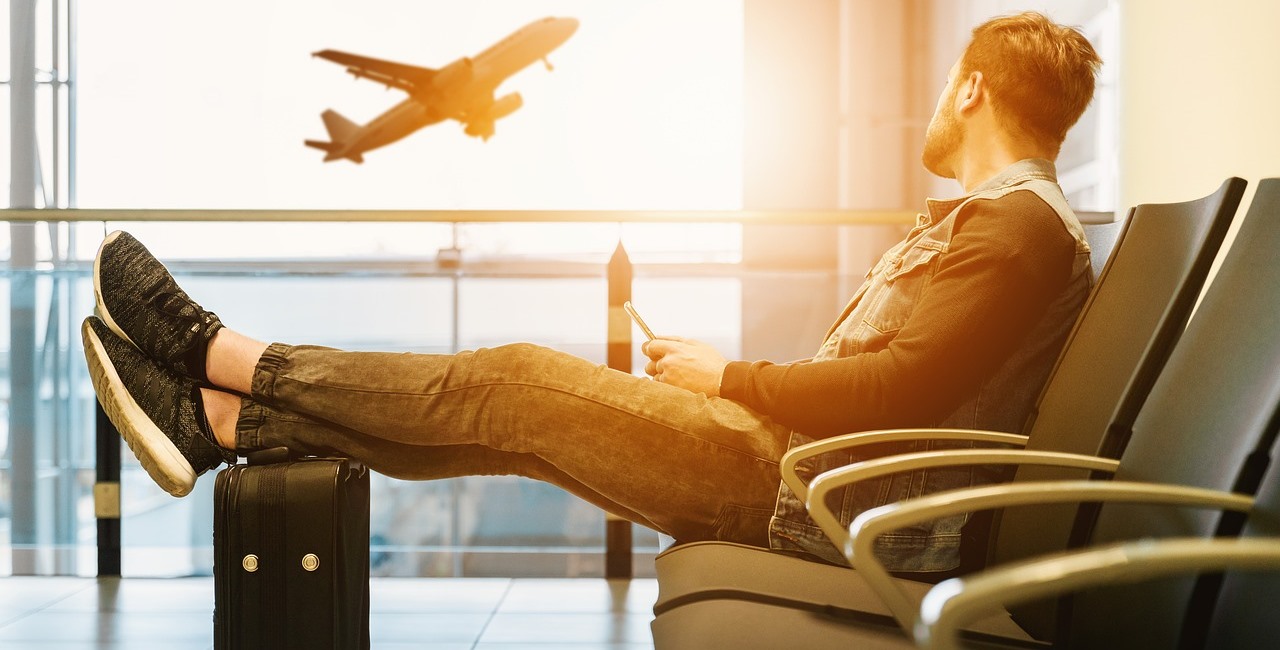
What You Should Do Before Travelling To Protect Your Health
Traveling to a foreign country is an experience that most people look forward to. Whether it is a business trip or a vacation in the Caribbean, there is a chance to explore beyond borders and to interact with new cultures and get new experiences. However, falling ill in a foreign land is a sure way to ruin the trip and suck out any enthusiasm you may have had.
Consequently, it pays to know how to prepare adequately so that you minimize the chances of falling ill abroad. In this regard, there are a plethora of preparations you can make before the trip to protect your health. Read below to learn about some of the things you should do before traveling so that you can protect your health.
Travel vaccination
You will inevitably visit a travel clinic when planning a trip abroad. It doesn’t matter whether or not you are up to date with all your vaccines. You need to check that the shots you have received will keep you safe at your intended destination and you will also want to know if there are any mandatory or recommended vaccines you need before making the trip. The best place to get this information is in a travel clinic.
Irrespective of your destination, certain shots may be preferred to keep you safe from a variety of preventable illnesses. A visit to a travel clinic will give you the specific guidance you need based on your specific destination. Typically, the following is what normally happens when you visit a travel clinic:
- Review of your immunization history – this is to check if you are up to date with all the necessary vaccines.
- Guidance on recommended and mandatory shots – in some countries, entrance will not be permitted unless you have proof of certain vaccinations. Based on where you are traveling to, your clinic will guide you if there are any such recommended vaccinations. They will also let you know if there are recommended vaccines necessary for travelers to your destination. These vaccinations are not necessarily important, but they may help in keeping you safe during your trip.
- Discussion of trip-related health concerns – health concerns will vary greatly depending on your destination and the nature of your trip. The experts at the clinics have detailed advisories on any specific measures you should take to stay safe once you leave the country. If you will be visiting the jungles of Peru, the slums of Nairobi, or the suburbs of Estonia, experts will give you very specific and detailed information on what you need to do to stay safe and healthy during the trip.
- Make a need-based assessment on what you may need – in addition to discussing the trip-related concerns, the healthcare experts at the clinic will also advise you on what you may have to carry from home for the sake of your health.
As such, a visit to a travel clinic is imperative, and should never be missed if you want to have a wonderful time abroad.
Travel Insurance
Another vital arrangement you need to have in place to protect your health before you travel is to get travel insurance. Travel insurance covers a variety of several unforeseen circumstances you may run into during your trip abroad. It will cover the health component of your travel in the sense that you can use the insurance to take care of your medical bills if you fall ill during the trip. However, you can also use it in instances when you run into emergencies such as missed flights, lost luggage, or when you need to cut short your trip because of an emergency back home. In the absence of travel insurance, these cases will hit hard on your cash, and you may end up having a very unpleasant experience abroad.
A kit of travel health essentials
Certain health essentials may not be a necessity but will help you stay safe during your travels and some of these items may not be mentioned in detail when you visit a travel vaccine clinic in Montreal. Some of the essentials you choose to pack will depend on where you are going and the nature of the activities you will be involved with. Some of these essentials include: antiseptic, sunscreen, painkillers, and condoms if you anticipate engaging in sexual activities at your destination.
Pack the right kind of clothing
The clothes you carry should reflect the destination you are headed towards. For most Canadians leaving the country, the temperature is never a bother, given that Canadian winters are some of the worst in the world. However, apart from worrying about how cold or hot a place will be, you should also think about protecting yourself against things such as insect bites.
Some countries, especially those along the tropics are known to have deadly insects that can introduce lethal toxins into your body. For added protection when traveling to such destinations, be sure to carry along long-sleeved shirts to protect your arms from the bites as well as enough socks to keep your legs safe from stings. Remember, some of the diseases caused by insects can’t be prevented by vaccinations.
Carry your current prescriptions
If you are on any current medications, be sure you don’t leave them behind when packing your stuff for the trip. If they may get finished before your dose is over during the trip, go to your doctor and get a prescription for more. The last thing you want is to run out of medication and not be able to get them because your doctor is thousands of miles away. You may not know whether or not they are available at your destination country, and it is a good idea to be safe by leaving with enough.
